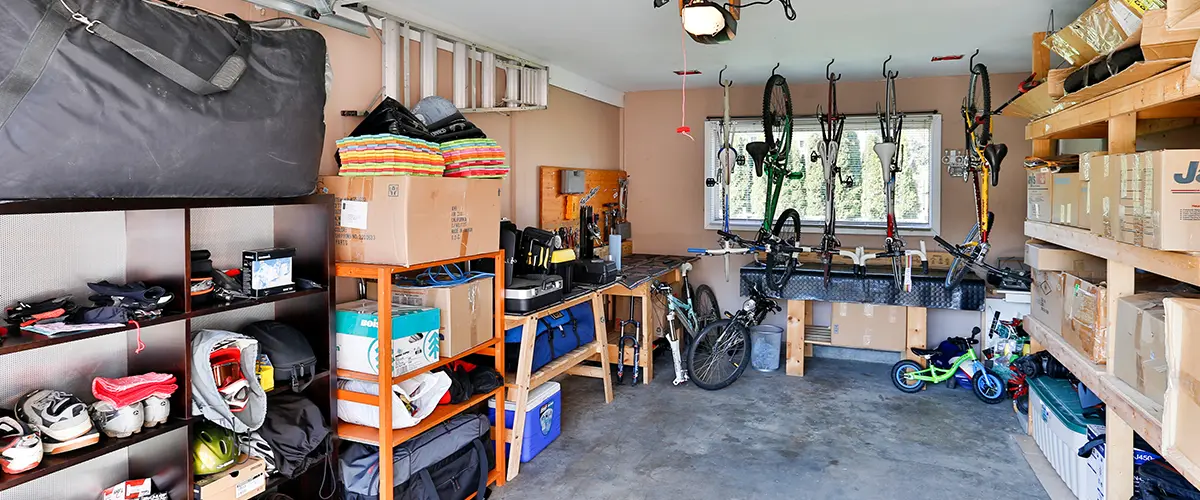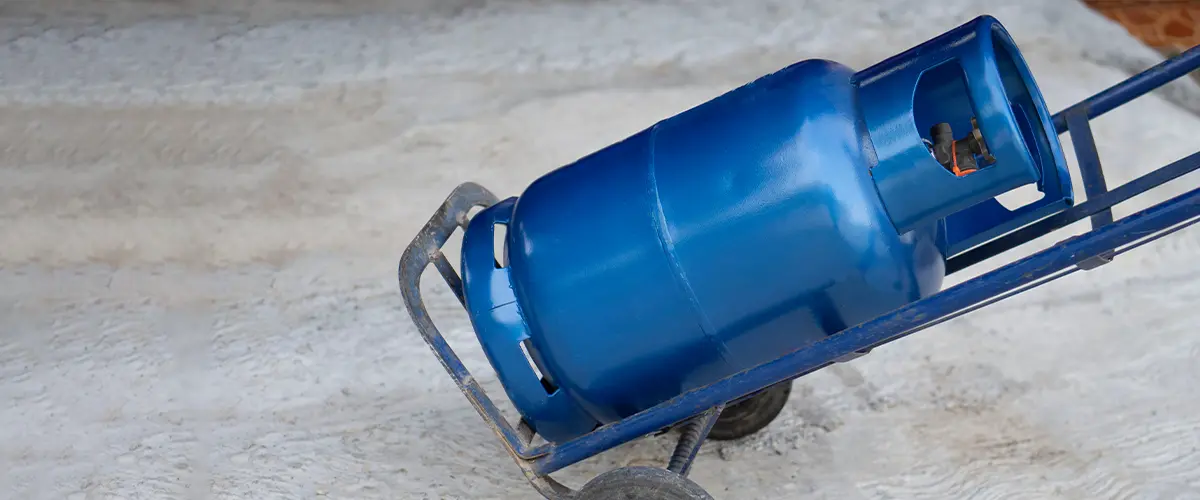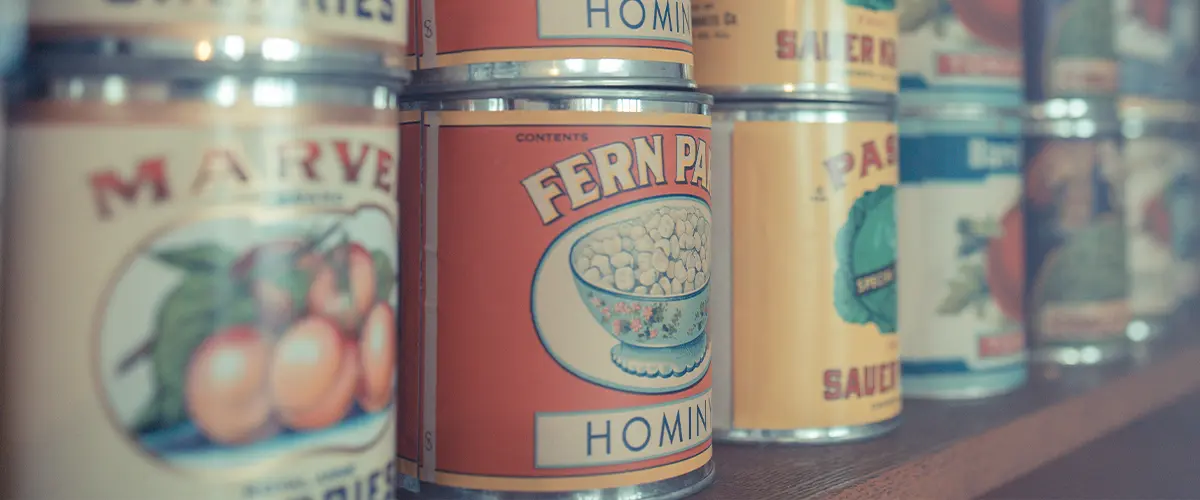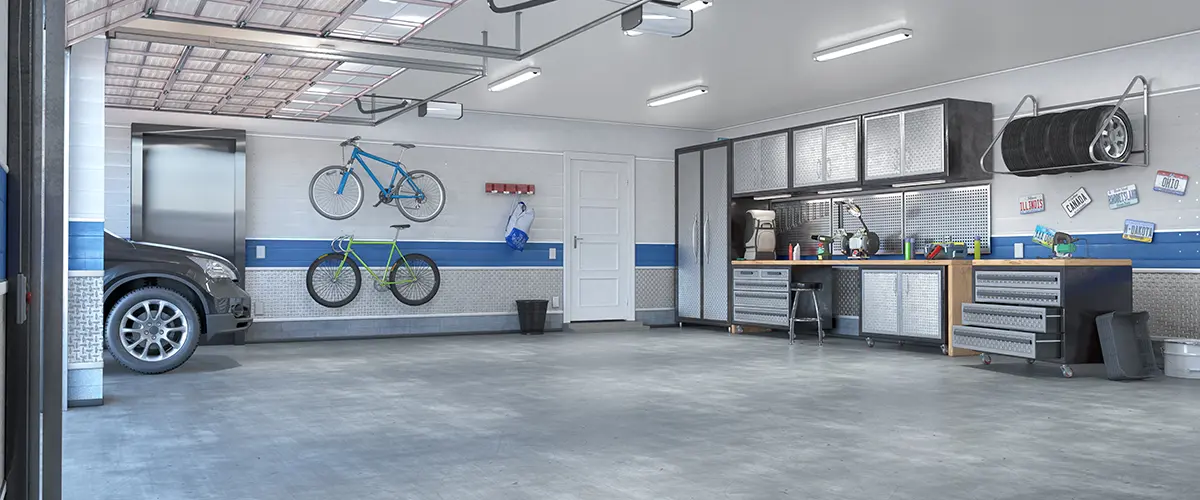Garage storage can be incredibly versatile, but not all items are suited for this environment. Understanding what shouldn’t be stored in your garage is key to maintaining a safe and efficient space.
In this post, we’ll explore three critical factors that influence what items are best kept out of your garage. By the end, you’ll have a clearer idea of how to make smarter storage choices.
Let’s delve into these factors and understand why certain items simply don’t thrive in a garage setting.

Are The Items Temperature Dependent?
Wine
Wine, for example, doesn’t fare well in a hot, humid garage. If wine is stored in fluctuating conditions for too long, it can spoil.
This happens when the wine oxidizes, meaning the heat and moisture cause the cork to loosen, letting air in and contaminating the wine. One night in a garage won’t ruin wine, but five months might.
Beer
Paint
Wood Furniture

Are Any Of The Items Considered Hazardous?
Propane Tanks
People often keep extra propane tanks in garages without considering safety guidelines. Propane is highly flammable and doesn’t handle heat well. In winter, you can store propane tanks outside on plywood or concrete, away from the house.
In summer, keep them in a shaded, ventilated area, or in a detached garage, away from electrical or flammable items. For more on propane storage, visit Amerigas.com.
Gasoline Tanks
Cleaning Products
Most cleaning products can be stored in a garage if safety measures are followed. Always read the label for storage instructions. Products like bleach and ammonia should be kept in a separate storage unit within the garage to maintain the correct temperature.
For more on storing cleaning products, visit Napaonline.com.

Do Any Of The Items Attract Vermin?
Canned Food
Pet Food
Clothing
Bedding
Cardboard Products
Final Thoughts
Considering the above factors when storing items in your garage will prevent you from making common garage storage errors. If you’re considering, for example, storing the spare bottle of wine in your garage, think about how temperature may impact the overall quality of the wine.
Additionally, reconsider storing hazardous materials in alternative locations, aside from your garage. Finally, locate alternative locations when storing items that may attract vermin.
Related Local Deck Installation Business

FAQs
What safety precautions should I take when storing cleaning supplies in the garage?
Ensure that cleaning products are stored in a cool, dry place, away from direct sunlight and heat sources. Use a separate storage unit within the garage to maintain stable temperatures.
Can bleach and ammonia be stored in the garage?
Yes, but they should be kept in well-sealed containers and stored separately to prevent any chemical reactions. It’s also important to avoid extreme temperature fluctuations.
Should cleaning supplies be kept on shelves or the floor in the garage?
It’s best to store cleaning supplies on sturdy shelves to prevent spills and leaks. Keeping them off the floor also reduces the risk of damage from moisture.
Are there any cleaning products that should not be stored in a garage?
Avoid storing products that are highly sensitive to temperature changes or that are highly flammable without proper ventilation and safety measures.
How can I organize cleaning supplies in my garage?
Use clear, labeled containers and keep similar products together. Install shelves or cabinets to keep items organized and easily accessible.
What should I do if a cleaning product leaks in the garage?
Immediately clean up the spill with appropriate materials, such as absorbent cloths or cat litter. Ensure the area is well-ventilated and dispose of the waste according to the product’s disposal instructions.
Create a Safer, More Organized Garage with Creative Closets
At Creative Closets, we specialize in transforming garages into organized, efficient spaces. Our custom storage solutions ensure your items are stored safely and properly, whether you need shelves for cleaning supplies, cabinets for tools, or secure spaces for seasonal items.
